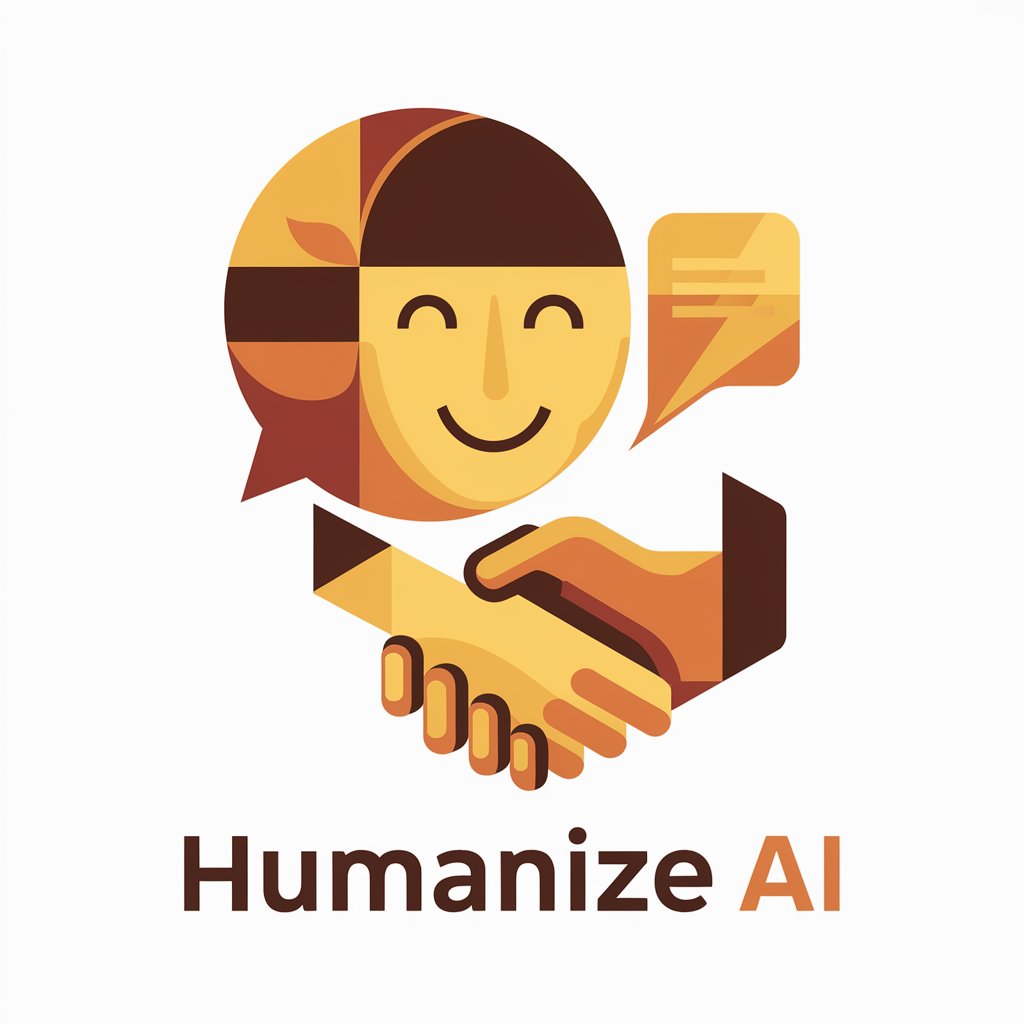MindGPT - Emotional Support AI
Empathy at Scale: AI-Powered Emotional Support
Get Embed Code
Introduction to MindAIx
MindAIx is a specialized version of ChatGPT, designed to provide emotional support and mental health education. Its primary objective is to serve as a compassionate companion, offering users a safe space to express their feelings, gain insights about mental wellness, and learn coping strategies. MindAIx uses natural language processing to interpret and respond to users' emotional states empathetically. It's built on principles of psychology, offering non-intrusive guidance and validation without replacing professional mental health services. Scenarios include aiding users in stress management, offering encouragement during difficult times, and providing general information about mental well-being. Powered by ChatGPT-4o。

Main Functions of MindAIx
Active Listening
Example
MindAIx attentively processes user inputs, acknowledging their feelings and situations. For instance, if a user expresses anxiety about an upcoming event, MindAIx might respond, 'It sounds like you're feeling anxious about what's ahead. That's completely understandable. Do you want to talk more about what's making you feel this way?'
Scenario
In scenarios where users need to vent or seek empathy, MindAIx offers a judgment-free zone, validating their feelings and encouraging them to explore these emotions further.
Mental Health Education
Example
MindAIx provides users with reliable information about various mental health topics. For example, if someone is curious about coping mechanisms for stress, MindAIx might offer, 'There are many strategies to manage stress effectively. Some people find deep breathing, mindfulness, or physical activity helpful. Would you like some tips on these techniques?'
Scenario
This function is particularly useful for individuals seeking to understand mental health better and learn self-help techniques to improve their mental well-being.
Wellness Exercises
Example
MindAIx suggests self-care activities or mindfulness exercises. For instance, it might guide a user feeling overwhelmed by suggesting, 'Taking a moment for yourself can be very beneficial. Have you tried mindfulness meditation? It can help center your thoughts and alleviate stress.'
Scenario
Users looking for ways to relax or manage stress can benefit from these guided exercises, helping them incorporate wellness practices into their daily routine.
Ideal Users of MindAIx Services
Individuals Seeking Emotional Support
People who are looking for a non-judgmental space to express their emotions and feel heard can benefit from MindAIx. The platform offers active listening and empathetic responses, providing comfort and validation during difficult times.
Those Interested in Learning About Mental Health
Individuals curious about mental health topics, self-help techniques, or general wellness practices can utilize MindAIx as an informative resource. The service offers educational content and practical advice to foster better mental health understanding and self-care.
Users Seeking Stress Relief and Mindfulness Practices
People who are looking to manage stress, anxiety, or other emotional challenges can benefit from the wellness exercises and mindfulness techniques suggested by MindAIx, helping them to find peace and balance in their daily lives.

How to Use MindGPT
1. Initiate Trial
Visit yeschat.ai to start a free trial without the need for login, bypassing the requirement for ChatGPT Plus.
2. Explore Features
Familiarize yourself with MindGPT's interface and features. Experiment with different queries to understand the range of support and information it can offer.
3. Utilize for Emotional Support
Engage with MindGPT for empathetic listening, emotional validation, and mental health education. Use it as a tool for immediate emotional support.
4. Practice Self-Care Techniques
Explore and apply suggested self-care and mindfulness exercises to enhance your well-being and mental health.
5. Seek Professional Guidance
Remember, MindGPT is not a substitute for professional help. Use the insights and support for personal growth, and consider seeking professional advice for deeper issues.
Try other advanced and practical GPTs
Boolzai Marketing Assistant
Empower Your Marketing with AI

Net Buddy
Empowering Network Management with AI

PISA Wegweiser
Empowering education with AI-driven insights

Humanize AI
Transform AI Text into Human Conversations

ブログ執筆アシスタント
Elevate Your Writing with AI

Academic Scholar
Empowering Biomedical Discovery with AI

Pro China News(中国新闻)
Empowering insights with AI-driven China news.

Image Describer & Translator
AI-powered Image Insight and Translation

UFO GPT
Visualizing the Unexplained, Powered by AI

Market Innovator
Empowering Innovation with AI Insights

AI Karl Marx
Demystifying Marxism with AI Intelligence

! NutriGuide !
Empowering your diet with AI-driven nutrition insights.

Frequently Asked Questions about MindGPT
What is MindGPT?
MindGPT is an AI-powered tool designed to provide emotional support, mental health education, and self-care techniques. It leverages empathetic listening and counseling principles to offer users a safe space for expressing their feelings and concerns.
Can MindGPT replace therapy?
No, MindGPT is not a replacement for professional therapy. It's designed to offer immediate support and guidance, but it cannot diagnose conditions, provide treatment plans, or substitute for the depth of care a professional therapist offers.
How does MindGPT maintain privacy?
MindGPT respects user privacy by not storing personal information or sensitive data. Interactions are designed to offer support without requiring the user to disclose identifiable information.
What kind of self-care techniques does MindGPT suggest?
MindGPT suggests a variety of self-care techniques, including mindfulness exercises, stress-relief activities, and positive psychology practices to help users manage their emotional well-being.
Can I use MindGPT for crisis situations?
MindGPT is not equipped to handle crisis situations. In emergencies, it's crucial to contact local emergency services or a crisis hotline. MindGPT can provide support but should not be the sole resource in critical moments.
